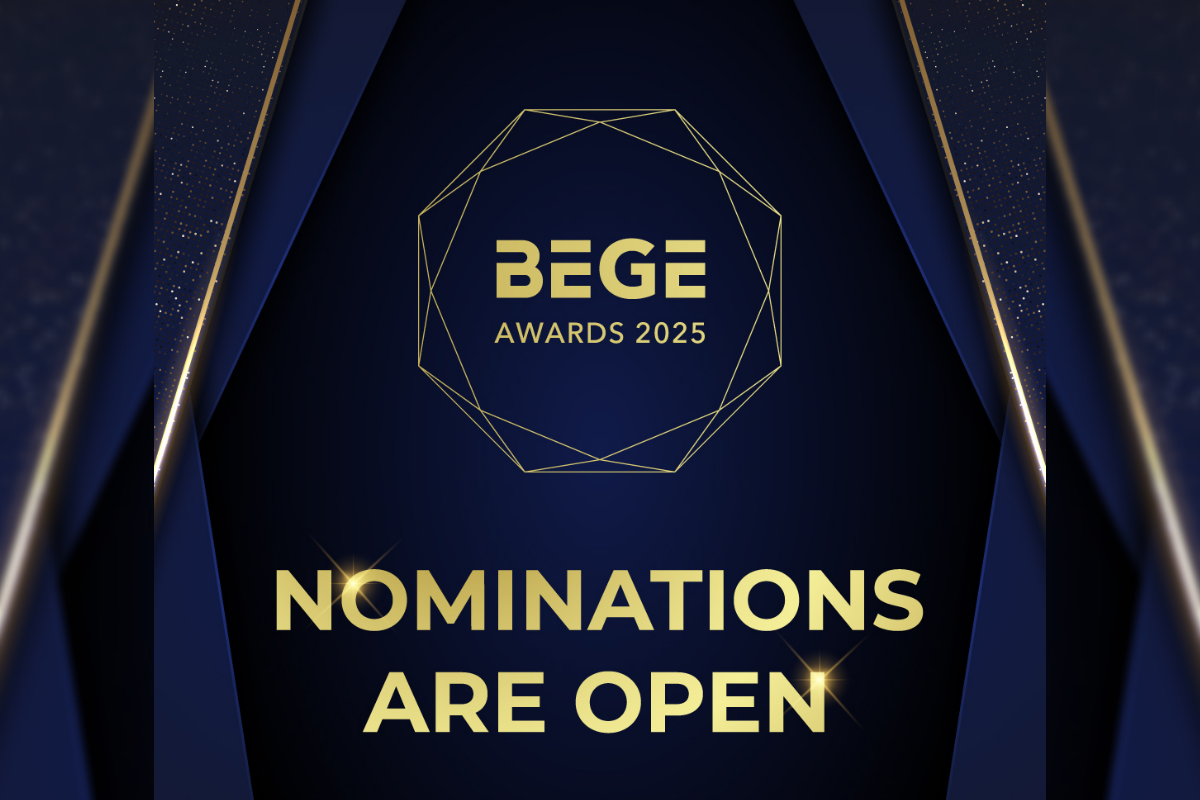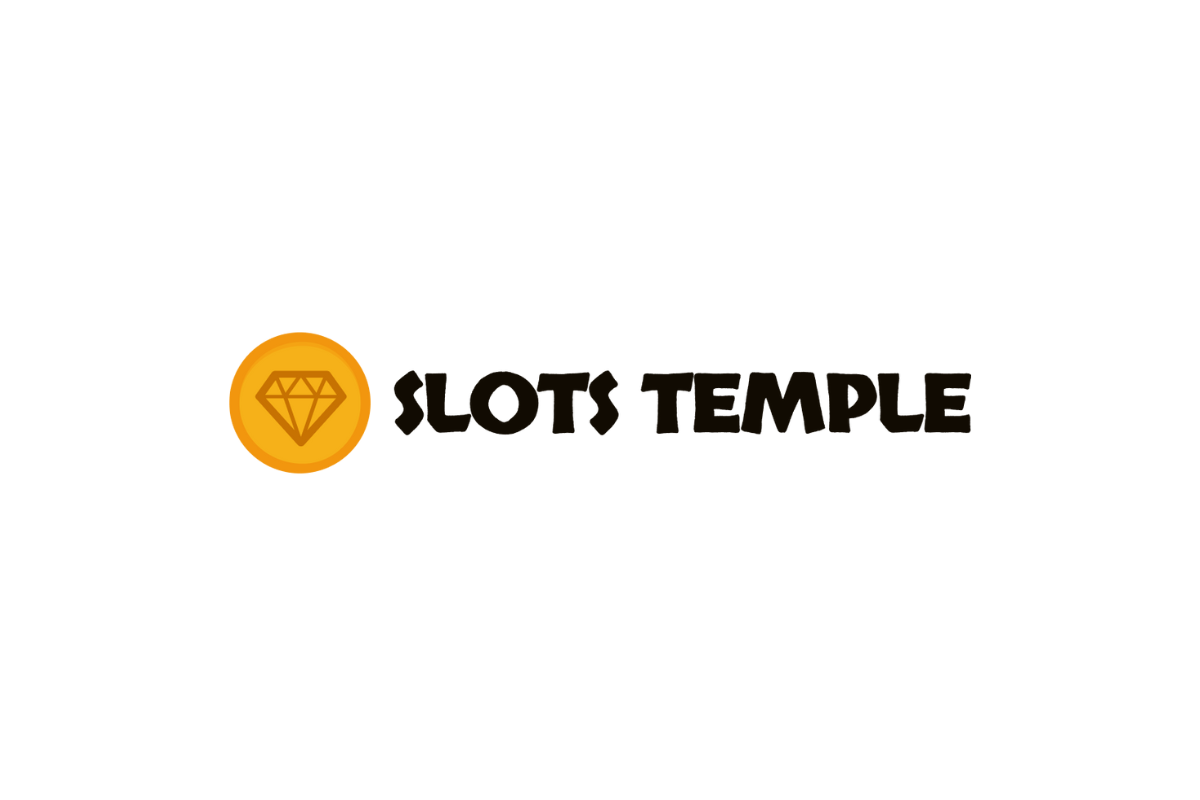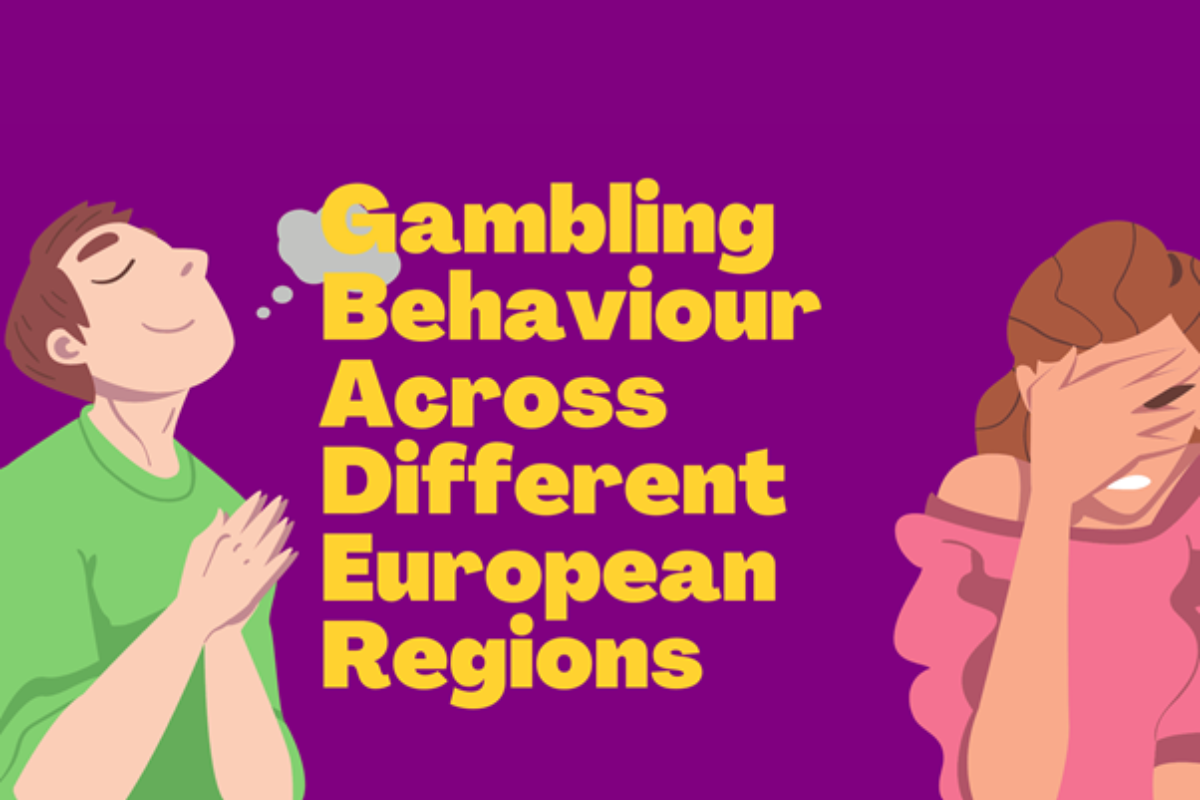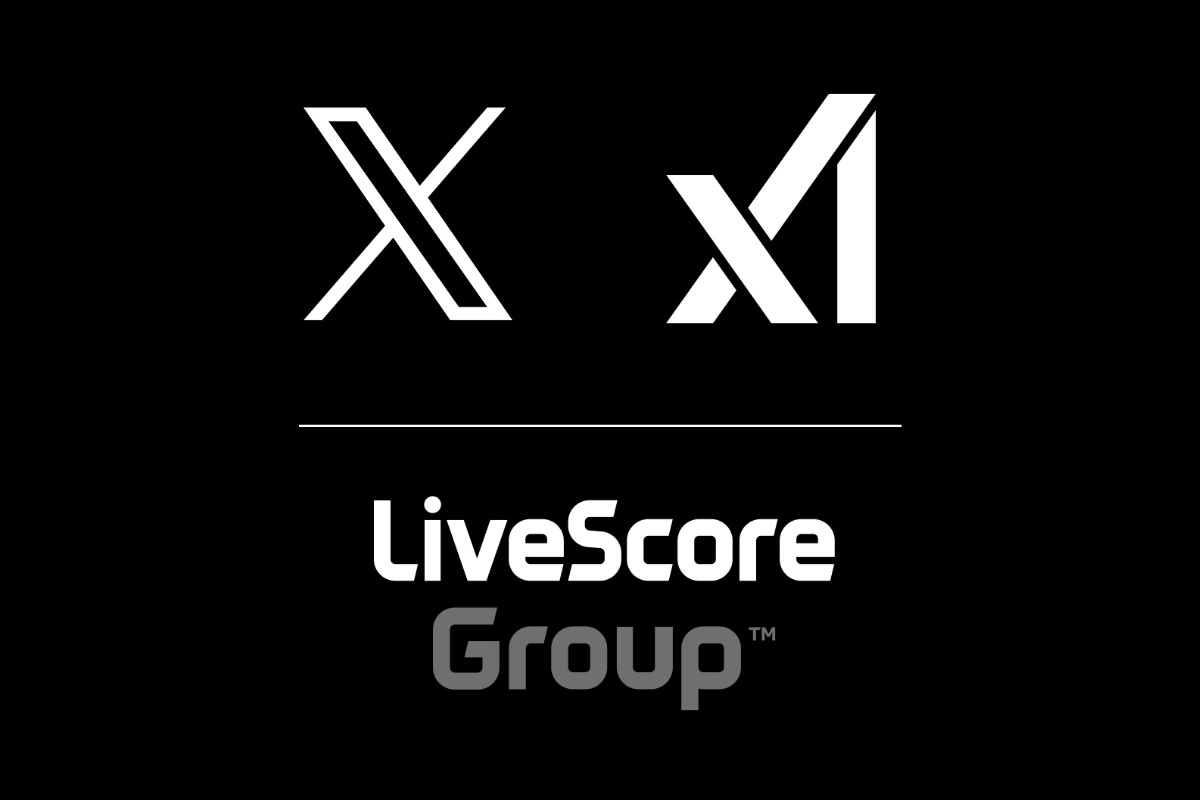Latest News
What Finland’s Online Gambling Sector Can Learn from Sweden’s New Regulation

On January 1, 2019, Sweden opened up its online gambling sector, regulating the sector but largely relaxing the tight grip that it had on the digital entertainment industry. More than 30 online casino operators have been awarded licenses thus far, though, more than 70 casinos had submitted their applications.
The move is expected to revolutionize the online gaming industry in the region. But, more than that, some also expect it to be a beacon for other European countries – like Finland – to follow, using Sweden’s online casino reform as a guideline for its own regulatory efforts.
Like Sweden, Finland Should Expect a Flood of Applications
The Finnish online casino sector, similar to that of Sweden, has been regarded as a restrictive industry. Finland’s industry is state-controlled with just one brand, called Veikkaus, providing lotteries, sports betting, slot machines, and horseracing, on the block. But as Finland prepares to overhaul its online gambling sector following a review (as announced in December 2018), the country should expect to be flooded with applications. This is especially the case as Veikkaus’ earnings are already down having decreased by 1% during the first quarter of 2018 due to its introduction of responsible gambling tools. Plus, Finland’s population famously loves gambling and it is part of everyday life says yle.fi. This gives casinos an additional incentive to focus on the region.
There are already several international online casino operators that promote themselves in Finland, with suomicasinot.net explaining that many of these allow players to cash out to Finnish bank accounts and offer games in Finnish. These casinos are specifically targeted towards Finnish gamblers but if the country’s gambling sector is revamped, these efforts within the region may be renewed and the Finnish authorities will have to be prepared for the influx.
The Need for Localized Games
The new Swedish regulation also highlights the need for localized games and how important these could be for any online casino that wants to achieve success in Finland – or any other European country in which English is not the primary language. Several major slot game developers such as Microgaming (which develops games like Game of Thrones and Immortal Romance) are already offering localized games, as noted in this europeangaming.eu report. This is despite Sweden’s new regulation having gone live just days ago.
Developers and online casinos in Finland will have to be just as prepared for the country’s new regulation to go live, being ready to appeal to Finnish customers in the best way possible. It could be a significant undertaking as in addition to text translations, games may need to be changed in order to be compliant with any new rules. There may also be limits on how much players are able to spend in one go and how long they can play for. It will also be necessary to appeal to Finnish interests in terms of themes.
We could still be a while away from Finland’s gaming overhaul. But judging by the way in which Sweden’s online gambling operators have shot off from the line, preparation is the key for success.
-

 Asia7 days ago
Asia7 days agoDigital gaming disruption tackled in 1st AsPac Regulators’ Forum
-

 Africa7 days ago
Africa7 days agoBetKing Renews Ikorodu City FC Partnership for 2025/26 NPFL Season
-

 Compliance Updates7 days ago
Compliance Updates7 days agoKongebonus statement: Norway’s election result signals gambling policy continuity, but licensing debate is set to intensify
-

 Balkans7 days ago
Balkans7 days agoBEGE Awards Nominations Now Open – Celebrating 16 Years of Industry Excellence!
-

 Latest News7 days ago
Latest News7 days agoAnswer the Call of the Wild: ELA Games Unveils Its Latest Game “Buffalo Force”
-

 Latest News7 days ago
Latest News7 days agoWin a Fruity Fortune in BGaming’s Bonanza Trillion
-

 Latest News7 days ago
Latest News7 days agoSaddle up for big wins under the Bison Moon with the latest slot from Northern Lights Gaming
-

 Latest News7 days ago
Latest News7 days agoSlots Temple Announces Exclusive Free-to-Play Tournament Partnership with Pragmatic Play


















